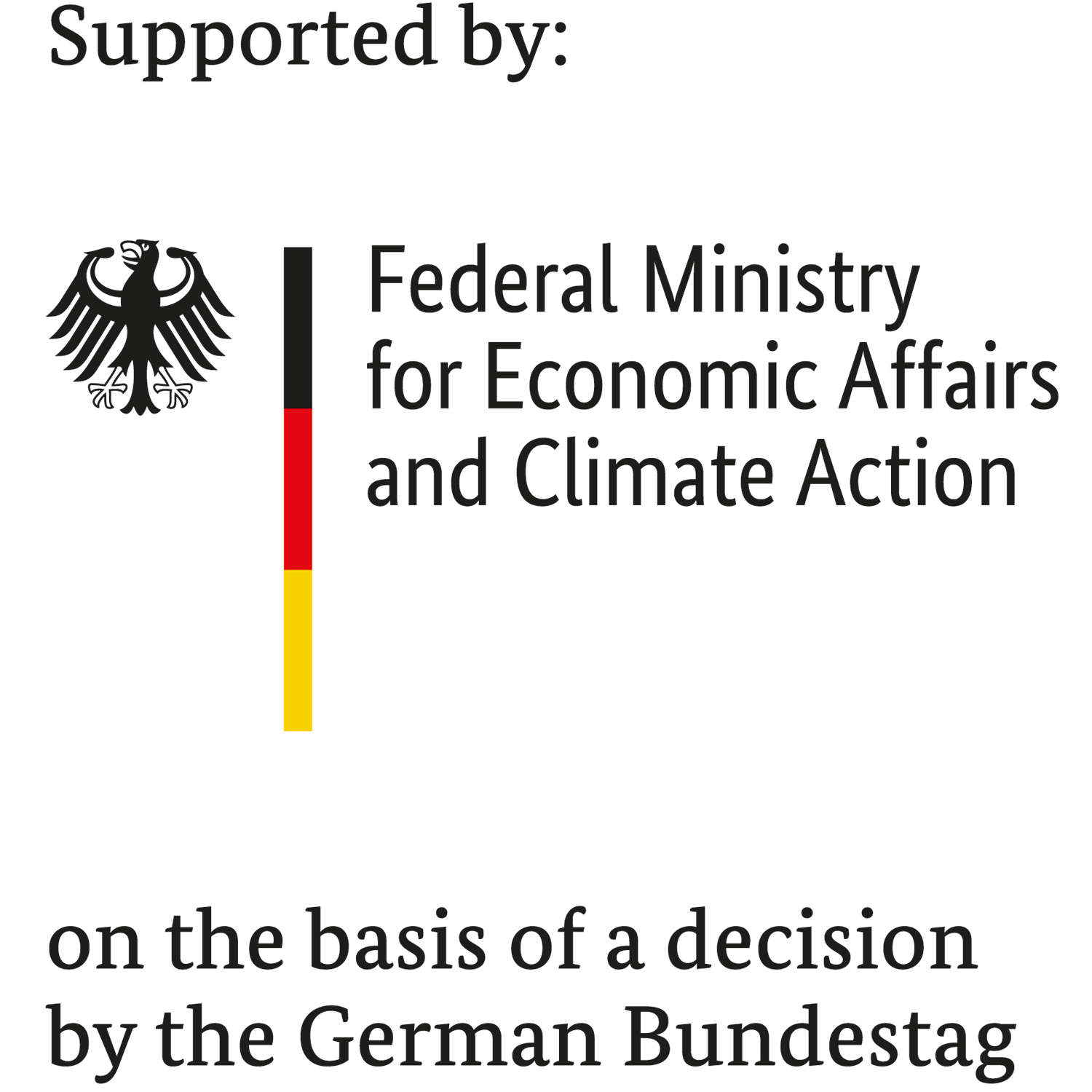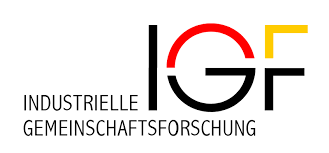New high-performance HT-2D LC method


Recycling is becoming increasingly important both socially and economically. In the field of plastics recycling, the recycling of polyolefin waste is becoming particularly important. However, insufficient information on the molecular structure and existing low-molecular impurities is a major obstacle, especially for upcycling. This can be ideally addressed by two-dimensional liquid chromatography, for which methods tailored to recycled materials must be developed. The Fraunhofer LBF is addressing this problem as part of the Industrial Collective Research project PORez.
The recycling of polyolefin waste is strongly driven by SMEs in Germany. However, a large part is currently only thermally recycled, while material recycling is dominated by downcycling, i.e., use in lower-quality articles (e.g., garbage bags, park benches). Greater upcycling (use in products of the same or higher quality) is urgently needed for both economic and legislative reasons. However, there is a significant technology gap in this area due to insufficient or completely lacking information on the molecular structure of polyolefin recyclates (PORez). This information is essential for targeted compound and product development. The determination of low-molecular impurities is also only possible to a limited extent.
To remedy this situation, we at the LBF are developing a method specifically tailored to recyclates for determining molar mass and composition distribution. The method to be used is 2-dimensional high-temperature liquid chromatography (HT-2D-LC). This is one of the most advanced liquid chromatographic methods for characterizing polyolefins. It combines separation by composition with (indirect) separation by molecular weight. This provides crucial information on both parameters and their interdependence. Individual components in complex blends (especially impurities) can thus be identified and characterized.
Once the method has been developed, an effective method will be available for obtaining the information required for the use of PORez. The HT-2D-LC-based method to be developed for characterizing PORez will be directly applicable in SMEs. To this end, the method development will focus in particular on the development of protocols for representative sampling and sample preparation, the adaptation of the method parameters to the throughput requirements of SMEs, and the handling of side phases. The developed method will be refined using real samples and, as part of this, a basic set of representative data (correlation of molecular parameters with the origin and processing properties of PORez) will be generated for use in SMEs. The package will be rounded off by best practice examples to simplify the implementation of the new method as far as possible.


The project is funded by the German Federal Ministry for Economic Affairs and Climate Protection on the basis of a resolution passed by the German federal parliament (Bundestag).